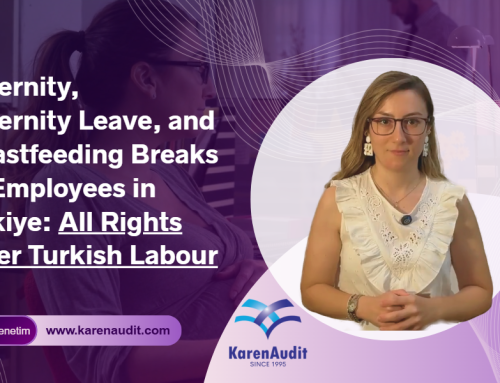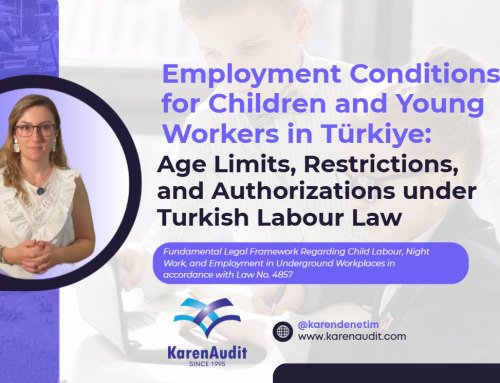September 23, 2022
As part of its efforts to battle inflation, which is still five times higher than its target, the Bank of England decided to increase its base rate from 1.75% to 2.25%.
Although it decreased somewhat in August, the UK’s inflation rate remained significantly above the bank’s target of 2% at 9.9% year over year. The biggest price increases have been in energy and food, but core inflation, which excludes these items, is still 6.3% annually.
At the start of the coronavirus pandemic, the BOE lowered its benchmark interest rate, referred to as the Bank Rate, to 0.1% in March 2020 in an effort to support expenditure and growth. However, it was one of the first major central banks to begin a raising cycle at its December meeting when inflation started to soar dramatically late last year.
U.K. interest rates have increased for seven straight months, reaching a level last seen in 2008.
The bank recognized the volatility of wholesale gas prices in a statement outlining its choice, but claimed that government declarations of caps on energy costs would prevent future increases in consumer price index inflation.
But it claimed that there has been more evidence of “continued strength in domestically produced inflation” since August.
“The labor market remains tight, and domestic cost and pricing pressures are still high,” it continued. While the [energy bill subsidy] lowers inflation in the near term, it also means that throughout the first two years of the forecast period, household expenditure is likely to be less weak than anticipated.
Five of its Monetary Policy Committee’s members voted for the 0.5 percentage point increase, while three supported the bigger 0.75 percentage point increase that some analysts had anticipated. For an increase of 0.25 percentage points, one member voted.
The decision by the bank is made against a backdrop of a declining British pound, recession predictions, the European energy crisis, and a set of new economic policies that new Prime Minister Liz Truss is expected to propose.
Source: CNBC
Legal Notice: The information in this article is intended for information purposes only. It is not intended for professional information purposes specific to a person or an institution. Every institution has different requirements because of its own circumstances even though they bear a resemblance to each other. Consequently, it is your interest to consult on an expert before taking a decision based on information stated in this article and putting into practice. Neither Karen Audit nor related person or institutions are not responsible for any damages or losses that might occur in consequence of the use of the information in this article by private or formal, real or legal person and institutions.






